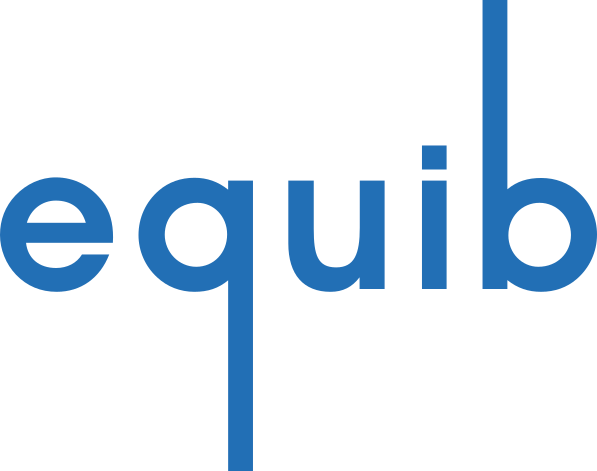Great Grid Upgrade
Project
The Great Grid Upgrade is the largest overhaul of the electricity grid in generations which will help to connect more clean, affordable energy to homes and businesses. The Great Grid Upgrade comprises 17 major infrastructure projects that scale up the grid and update the existing networks. The overall objectives are to provide energy where it is needed, boosting energy security and helping the nation become more self-sufficient.
Scope
Equib’s involvement has been to provide risk advisory services including specialist support for undertaking Quantitative Schedule Risk Assessments (QSRAs) on two of the key Onshore upgrade projects, with focus on one project in delivery and one in the early stages of the development process for major infrastructure projects.
Requirements
A comprehensive methodology has been introduced to support the execution of Quantitative Schedule Risk Assessments (QSRAs). This is used by National Grid in support of their formal submissions to OfGem. This approach included:
Creation of standardised information packs to ensure consistency in the way information was recorded in terms of inputs and outputs and ensured clarity, completeness, and comparability across assessments.
Critical review of project schedules to assess schedule viability with a focus on identifying errors, inconsistencies, and potential delivery risks. This provides greater confidence in the baseline schedule prior to analysis.
Assumptions review and risk alignment where we formalised a process for capturing, assessing, and reviewing key assumptions along with cross referencing of assumptions vs risks to ensure completeness of the risk register.
Risk identification and mitigation where we conducted targeted risk reviews to identify threats to schedule delivery along with an emphasis on developing meaningful, actionable mitigation strategies.
Analysis of exclusion-type events which involved the development of a systematic framework for analysing exclusion-type risks through scenario modelling. This enabled a better understanding of potential impacts from low-likelihood, high-impact events.
Milestone-specific risk reporting where we produced risk summary sheets focused on key project milestones. This enabled targeted monitoring and communication of milestone-related risk exposures.
Engagement
The provision of risk services required and QSRA development required a collaborative approach to the integration and management of client risk processes along with the risk improvement strategies recommended by our team. We maintain close engagement with all parties within the project teams, ensuring that the focus on risk is from Senior Management level and adopted by incumbent team members.
